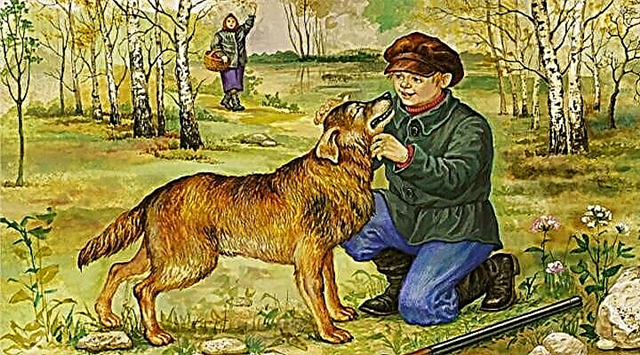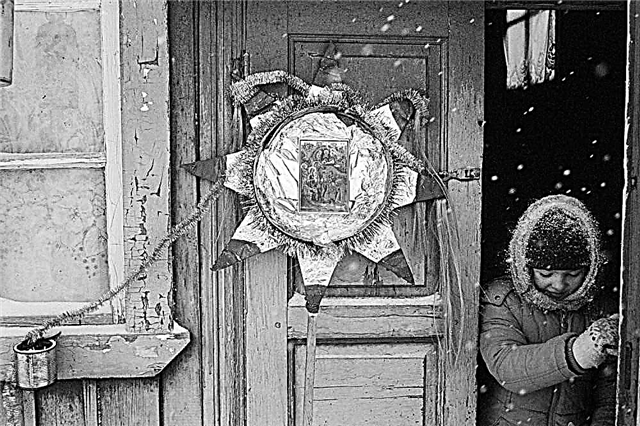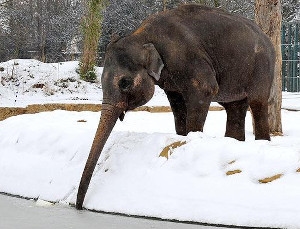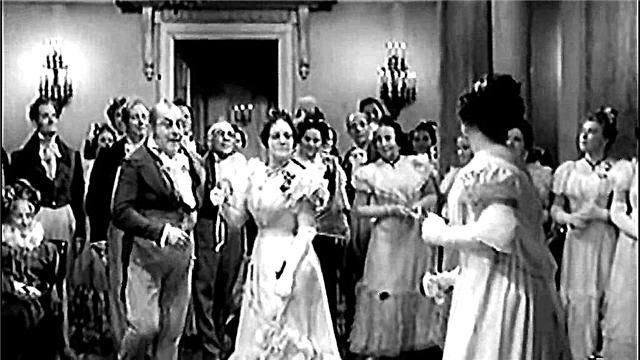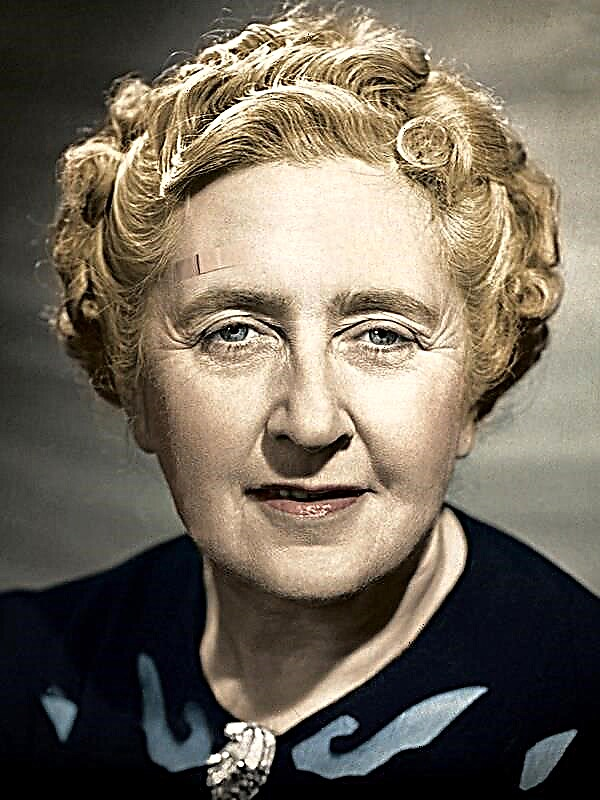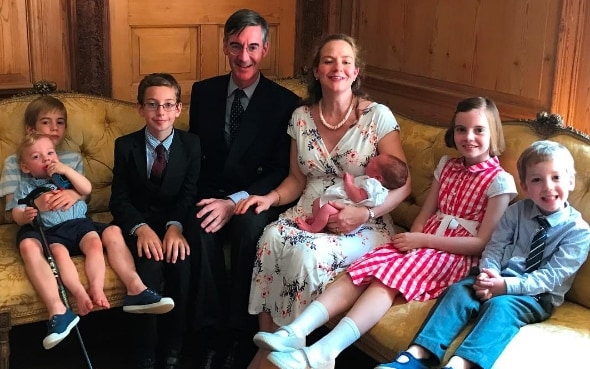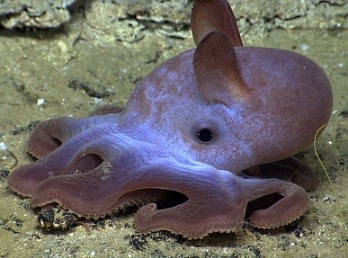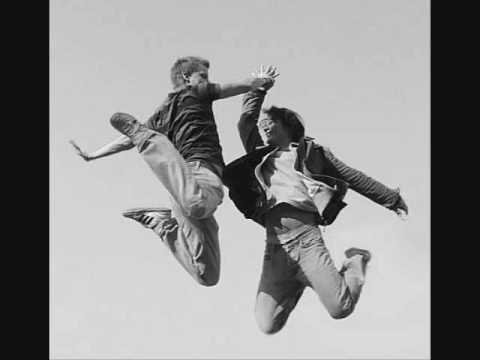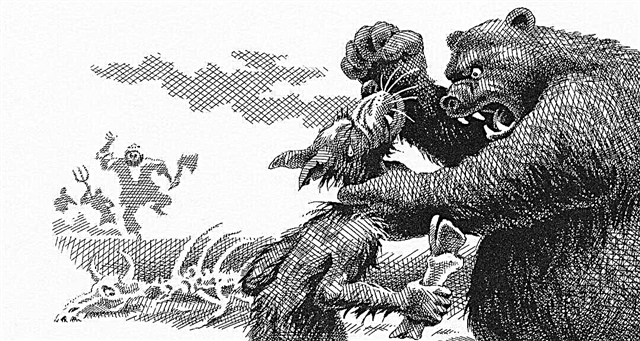(276 words) Life is a continuous movement. We grow, develop, learn new things every day - all this directly affects the formation of our personality. An important part of this process is self-determination. We are in search of answers that would suit us. But what happens to a person’s soul when it cannot find itself and its calling?
Mental uncertainty is the central problem of the work “Hero of Our Time” and the life of the main character, Grigory Alexandrovich Pechorin. Having become acquainted with him, we recognize his strong, talented and persistent nature. However, he cannot find a use for himself; he is bored. He tries to do science, but quickly cools to it and embarks on a journey of love affairs. Step by step, he wastes his strength and uniqueness in details: he plays with the love of Bela, Vera, Mary; intervene in the conflict with smugglers. It seems that, being disappointed in himself, he wants to take revenge on the whole world. By the example of a duel with Grushnitsky, in which he won, his unshakable desire to become a hero of society is clearly visible. But what is the point if he puts himself above him? This is precisely what is Pechorin’s internal conflict. Knowingly exalting himself over others, he longs to find himself in society. That is why, having received Vera’s letter, he throws everything and goes to Pyatigorsk to meet her at least once more.
“The Hero of Our Time” is a truly deep psychological work that reflects the spiritual structure of Russian society in the 30s of the nineteenth century. Focusing on the fate of one character, Lermontov permeates the work with a thread of doubt and uncertainty, which were teeming with the society of that time. Because of the tough and adamant power that did not give young people a decent place in their hierarchy, many young men lost themselves in meaningless and idle pursuits. So Pechorin was unable to worthwhile business and lived an empty life.

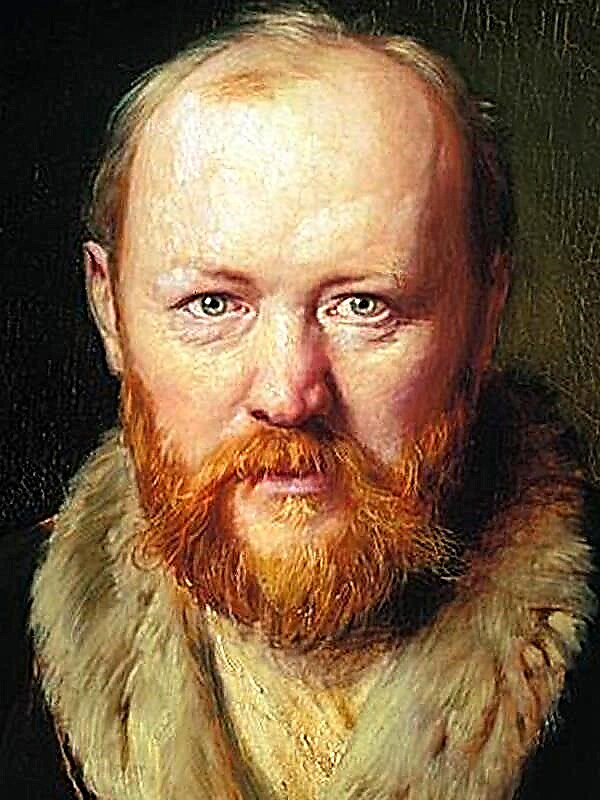
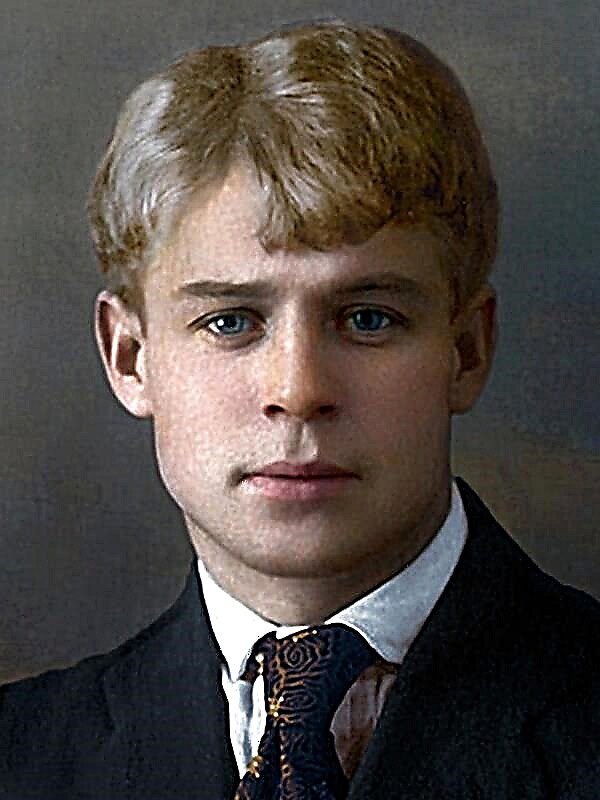
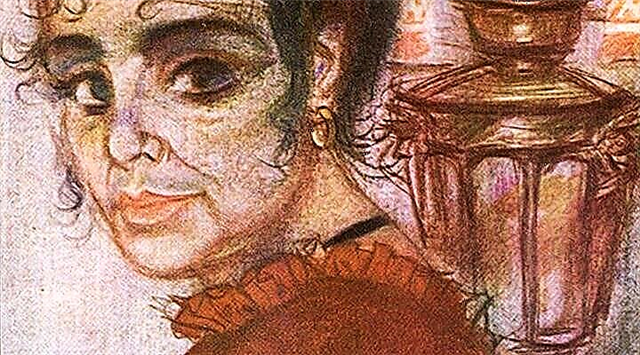 Dark alleys
Dark alleys